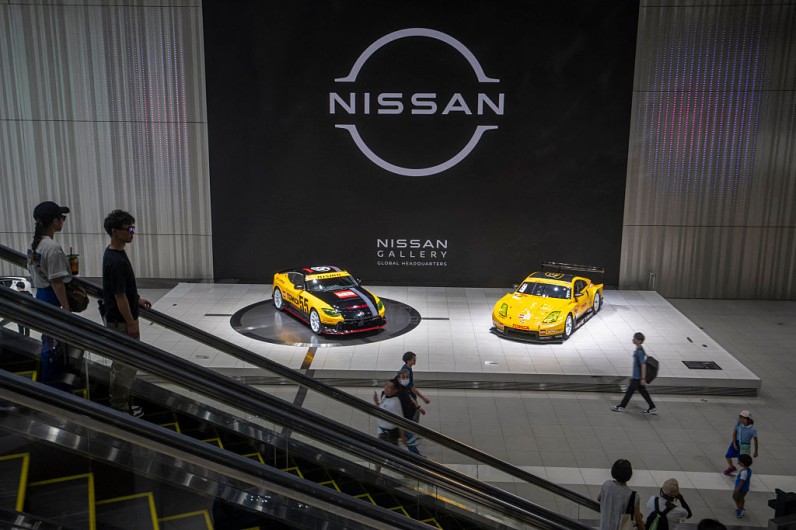
Nissan will stop shipping its Ariya electric SUV to the US after the 2025 model year, citing new 15% tariffs on Japanese-made electric vehicles signed into law by President Donald Trump.
The decision comes as the automaker faces slowing EV sales and rising production costs, forcing it to shift focus to its next-generation Leaf.
In a memo to US dealers, Nissan said it is "pausing production of the MY26 Ariya for the US market and reallocating resources to support the launch of the all-new 2026 Leaf," which the company claims will be the most affordable electric vehicle in the country.
The Ariya, built at Nissan's Tochigi plant in Japan, became subject to the new tariff starting September 16, after Trump signed an executive order setting the flat rate on most Japanese imports.
The US and Japan had reached a broader trade deal in July, with Japan pledging $550 billion in investments and greater purchases of American goods, NY Post said.
Although some White House officials argue that tariffs weren't the main reason behind Nissan's move, industry analysts believe the timing of the announcement is no coincidence.
The battery-electric Nissan Ariya will not be offered stateside for the 2026MY due to evolving consumer demand and tariffs on Japan. In addition, the automaker will relocate its resources to support the launch of the third-generation Leaf, which starts at $29,990. #Nissan #Ariya pic.twitter.com/vhHy2zeSbX
— GearheadCole ⚙️ (@cole_marzen) September 19, 2025
Nissan Bets on 2026 Leaf as Ariya Faces US Exit
Nissan sold fewer than 20,000 Ariya units in 2024, which was still a 47% increase over 2023. But combined with tariff pressure, loss of US EV tax credits, and internal cost-cutting, the model became harder to justify.
The Ariya will remain available in the US through existing dealership inventory, and Nissan assured customers it would continue to provide service, parts, and warranty support.
The SUV will still be sold in other global markets.
It's still unclear whether the Ariya will return to the US in 2027. Nissan hasn't ruled out the possibility, but much will depend on future tariff policies and whether the company can stabilize its finances.
At the same time, Nissan is dealing with bigger challenges. Battery shortages and production delays have set back its US plans, with two electric crossovers at its Mississippi plant now nearly a year behind schedule.
The automaker has also pulled back on its broader EV strategy, closed several factories, and recently lost its head of US sales.
According to MotorTrend, even with these hurdles, Nissan is pinning its hopes on the 2026 Leaf to help it reestablish a stronger position in the American EV market.







Join the Conversation